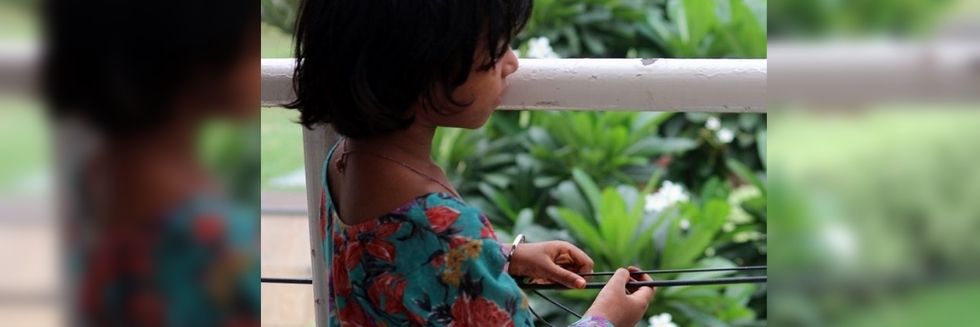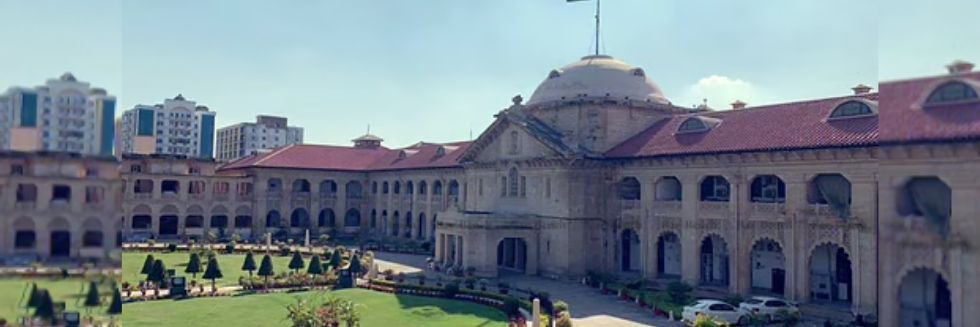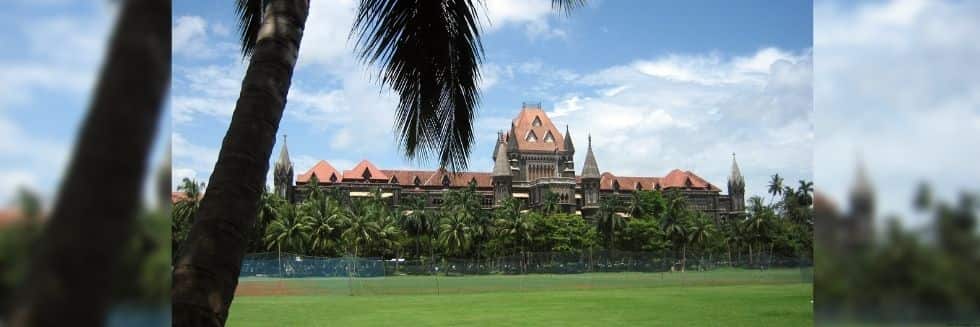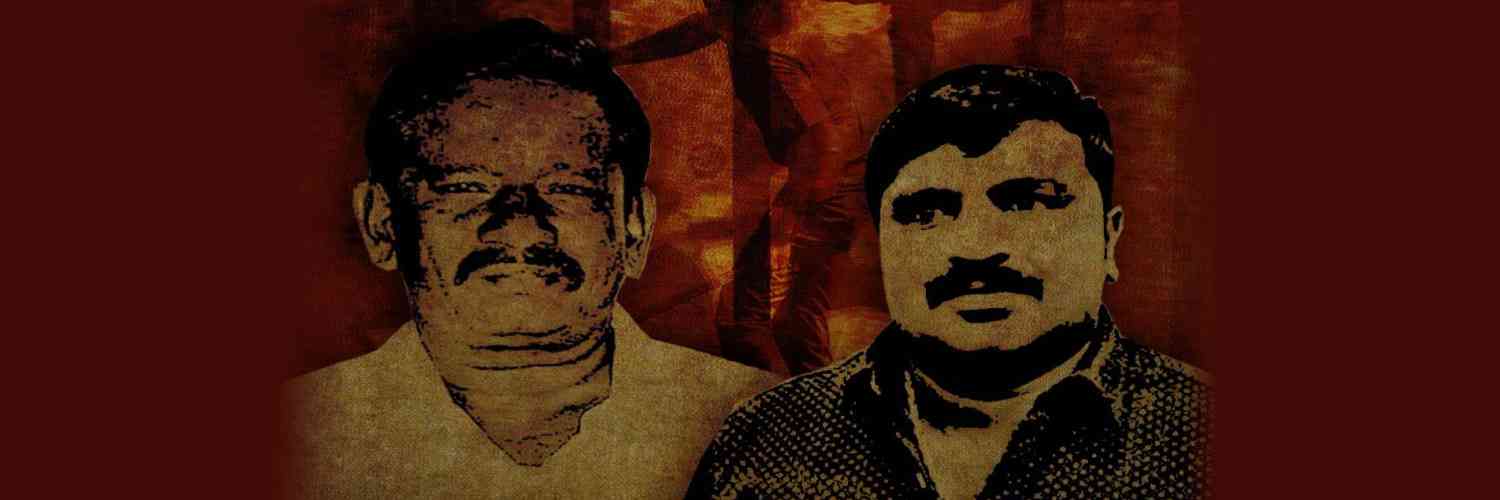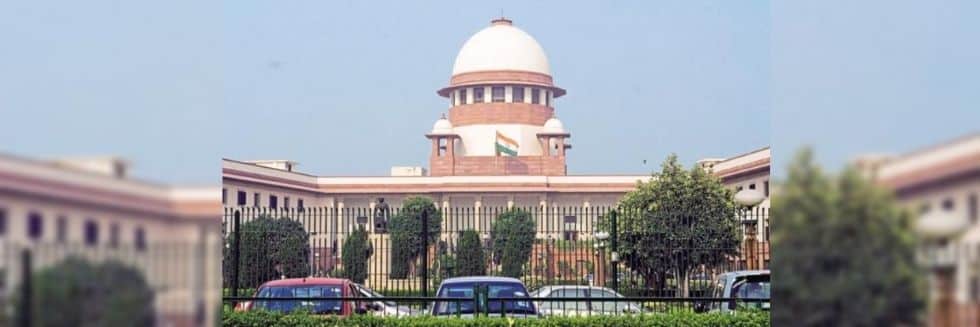While quashing the conviction of a POCSO accused, Bombay High Court noted that the session court has given an undue importance to a stray statement of a four-year-old without ascertaining first whether the child could be a competent witness.
In 2019, Mumbai Session Court had convicted the accused under the Protection of Children from Sexual Offences (POCSO) Act and sentenced him to 5 years of rigorous imprisonment. The other accused in the case was already acquitted by the Trial Court.
He was convicted under Section 354, Section 354-A read with Section 34 of Indian Penal Code, 1860 and Section 10 of the POCSO Act. The man was on bail during the appeal in the High Court.
“Was Obligatory On Judge To Ascertain Intellectual And Understanding Capacity Of Child”
“A child is a competent witness provided he is capable of understanding the questions put to him and is able to give rational answers. But in this case, the child was barely four years old and of a tender age, and it was obligatory on the judge to ascertain first whether the child can depose as a competent witness, which the trial judge had not done,” said Justice Anuja Prabhudessai.
As per the prosecution case, the accused was hired to paint a neighbouring place at the victim’s house and he allegedly made the girl child sit on his lap and the other accused slapped her.
The prosecution has submitted that on May 11, 2017, the victim child complained to her mother that she was having pain in her private parts. She had narrated the alleged incident to her mother.
Noting that the trial court had failed to ascertain the competency of the child as a witness, the High Court bench scrutinized the testimony whether her deposition can be relied on. The bench also took note that the child had later in her cross-examination by the defence lawyer also said she was deposing as told by her mother.
“The child, who did not have the cognitive skills to recollect and narrate an alleged sexual abuse by a painter-workman, had later in her cross-examination by the defence lawyer also said she was deposing as told by her mother,” noted Justice Prabhudessai.
The High Court bench added, “Conviction can be based on the sole testimony of a child witness provided the witness is competent to depose to the facts and is a reliable witness.”
The bench further noted that the child was not trying to conceal the truth and the tenor of her answers during trial indicate she lacked the intellectual capacity and maturity to understand the nature of questions and to give rational answers, hence she “cannot be considered to be a competent witness”.
Justice Prabhudessai also noted that there is no confirmation of the identification of the accused. The HC bench held that the trial court had grossly erred in delivering its guilty verdict.
Section 118 of the Indian Evidence Act, 1872
Section 118 of the Indian Evidence Act, 1872 deals with the competency of a person to testify. It says,
“All persons shall be competent to testify unless Court considers that they are prevented from understanding the questions put to them, or from giving rational answers to those questions, by tender years, extreme old age, disease, whether of body or mind, or any other cause of the same kind.
Explanation –A lunatic is not incompetent to testify, unless he is prevented by his lunacy from understanding the questions put to him and giving rational answers to them.”
